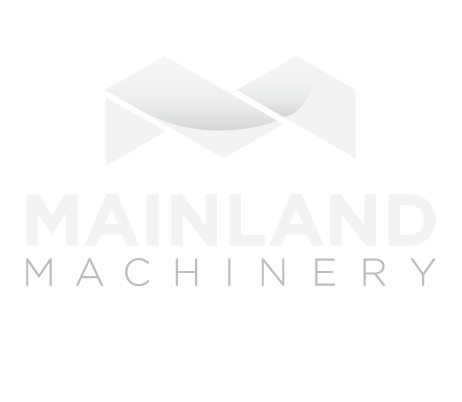eLearning for Oil and Gas
eLearning 101: Web-Based Training for Oil & Gas Workers
What could possibly motivate a person to take training on their computer instead of in a classroom? Potential factors are simplicity, convenience and lower up-front costs. For an employer, comparative costs for online or web-based learning (eLearning) and instructor-led classroom learning is typically significant.
What’s My Motivation?
Previously, if an employee wanted to advance in their career they had to take evening courses at a nearby high school or university in subjects that their employer wanted them to take. For an oil rig employee, this would have meant taking a health and safety course in a trailer near the oil rig they were working at. If courses were purely for self-interest, an employer would usually not reimburse the cost unless the worker could justify the expense.
Mutually Beneficial
So how do employers and employees mutually benefit with eLearning? For one thing, online courses are cost-effective for an employer. For example, 2,000 students can be trained in 7 hours (14,000 student-hours) using eLearning. Compare that to 10 hours (20,000 student-hours) of instructor classroom training. Right there, 6,000 student-hours have been saved. If you attach a conservative hourly rate of $30, there is a total savings of $180,000.00. This amount doesn’t include savings in instructors, travel, training hardware and facilities.
The benefit to employees is saving personal time. Online students don’t have to spend valuable time travelling to and from a classroom, eLearning is provided on demand. This results in employees feeling empowered because they have total control of their learning schedule, they can determine how much time they are able to devote to their course load and they can select an optimal finish date.
What is E-Learning Anyway?
Before e-Learning became popular, it was known by many names – Computer-Based Training (CBT), Web-Based Training (WBT), Electronic Performance Support Systems (EPSS), distance or online learning and online tutorials. Thankfully, this type of training has evolved dramatically over the years. Standardization has been established and there is now a large measure of consistency in the use of authoring tools and delivery systems.
Learning Management Systems
While e-Learning has great value this can be lost if it is not accompanied by a robust and well thought-out Learning Management System (LMS). An LMS sometimes includes Content Management functionality and is consequently known as an LCMS. An LMS provides several functions that previously required coordination between various parties, these functions include: Registration, Grading, Reporting, Guidance (Pathfinding), Security, etc.
E-Learning Leaders in Oil & Gas
There are plenty of eLearning providers on the Internet but only a few stand out in the oil and gas sector. PetroEd has moved to the front of the line for oil and gas. Their training portal allows for streamlined access for registered users. From rig workers to administrative staff, every employee in the oil and gas industry can benefit from taking online courses and can add real value to their work profile while on the job. Workers can keep up-to-date with the latest technology and, if they desire, they can pursue a degree or diploma to further their career. eLearning for Oil and Gas is evidently beneficial to both employees and employers.
The Future
Consider the potential benefits of learning via your smartphone or tablet. The possibilities that technology provides to learning are endless and the benefits are limitless. To gain an understanding of the direction that learning is headed due to recent advancements observe the steps being taken by local universities and colleges. A common practice is the combination of eLearning with classroom delivery, called Blended Learning. It represents the best of both worlds and helps make education even more accessible.
With so many eLearning opportunities and the multitude of benefits provided by this pursuit, it is an excellent option for many oil and gas employees hoping to advance their careers. Furthermore, it provides oil and gas companies the chance to invest in their existing human capital by offering high quality industry-specific education for a lower cost and with greater convenience to their employees.


